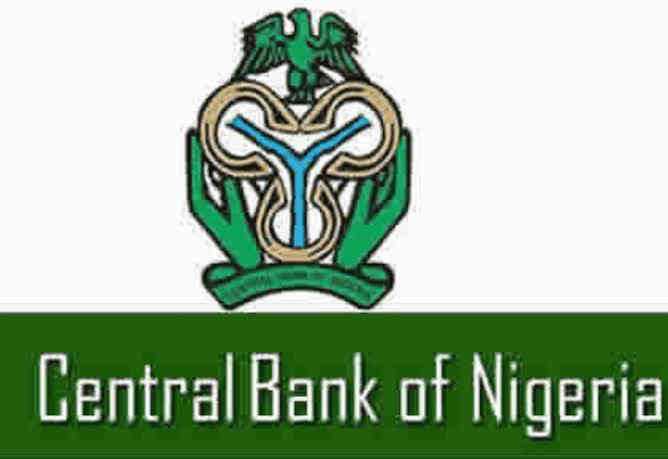Banks Anticipate Rush as CBN Enforces BVN and NIN Requirements.
The Central Bank of Nigeria (CBN) has directed commercial banks to impose a “post no debit” restriction on accounts without Bank Verification Numbers (BVN) and National Identity Numbers (NIN) starting from March 2024. This directive marks a crucial step in strengthening the ‘Know Your Customer‘ procedures across financial institutions.
The apex bank has ordered electronic revalidation of BVN and NIN linked to accounts and wallets, with a deadline set for January 31, 2024. This directive is expected to lead to a rush among account holders to comply with the requirements, creating potential challenges for both banks and the National Identity Management Commission (NIMC) offices.
Bankers acknowledge that the rush to regularize accounts will likely strain resources and put pressure on employees, particularly as the banking industry has faced challenges such as staff rationalization and the departure of key personnel. While some industry experts believe the directive will sanitize the sector, concerns about its potential impact on naira scarcity and operational stress within banks have been raised.
The ‘Post No Debit’ restriction is a measure that freezes funds in specific accounts, preventing customers from making withdrawals, transfers, or debits during the restriction period. The CBN’s circular, jointly signed by the Directors of Payments System Management and Financial Policy and Regulation, emphasizes the mandatory registration of all Tier-1, 2, and 3 bank accounts and wallets with BVN or NIN.
The CBN’s comprehensive directive encompasses electronic retrieval of BVN or NIN-related information for new customer onboarding, with unfunded accounts/wallets facing restrictions until compliance is achieved. Existing accounts without BVN or NIN face restrictions from March 1, 2024, and all attached BVN or NIN must be electronically revalidated by January 31, 2024.
While some industry insiders anticipate challenges such as a potential rush, extended working hours, and increased pressure on bank employees, others express confidence in technology’s ability to streamline compliance processes. The directive is seen as a proactive measure by the CBN to address vulnerabilities and enhance the integrity of the banking sector.
In response to the directive, banks are expected to conduct a comprehensive BVN and NIN audit, applying strict compliance measures with sanctions for identified breaches. The directive aligns with the CBN’s earlier initiatives to clean up the sector and reduce fraud incidents, reinforcing the importance of digital identification in the modern banking landscape.
As Nigerians grapple with the implications of this directive, experts emphasize the need for timely compliance to contribute to a more secure and efficient financial system. While acknowledging potential challenges, including the strain on resources and operational adjustments, the CBN’s move underscores the ongoing efforts to align the Nigerian banking sector with global best practices in combating financial crimes and enhancing customer data integrity.








